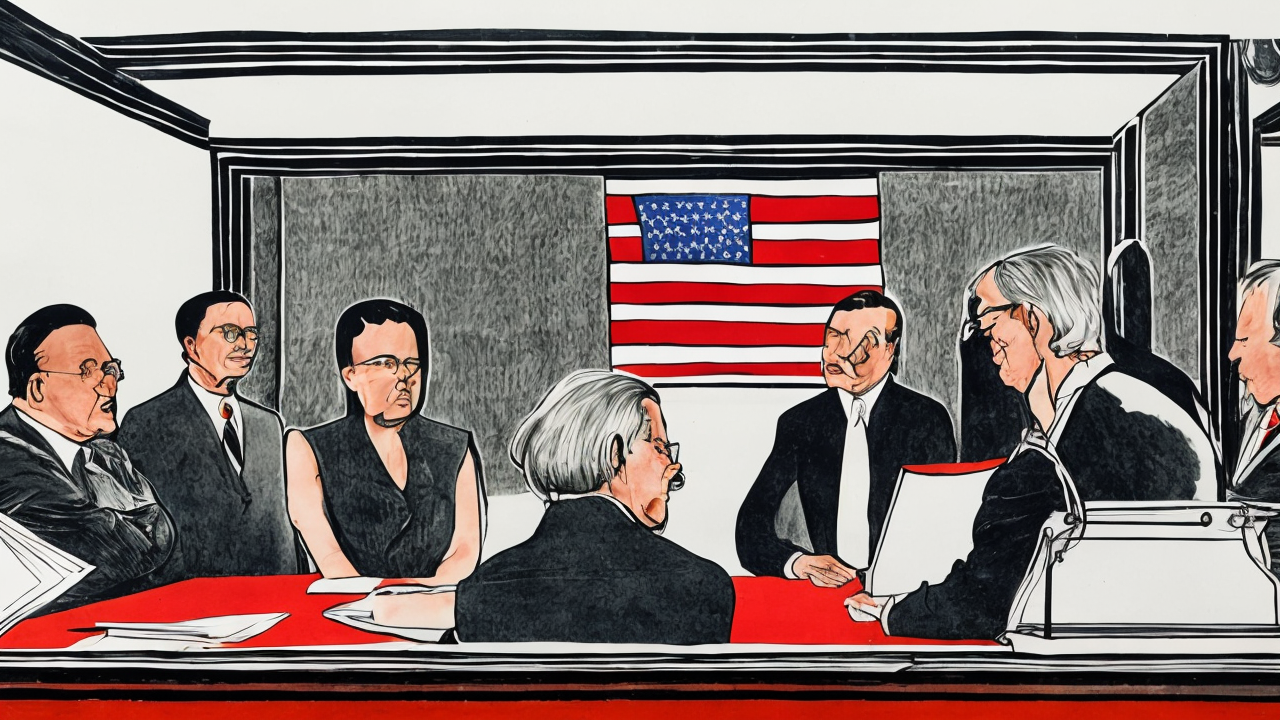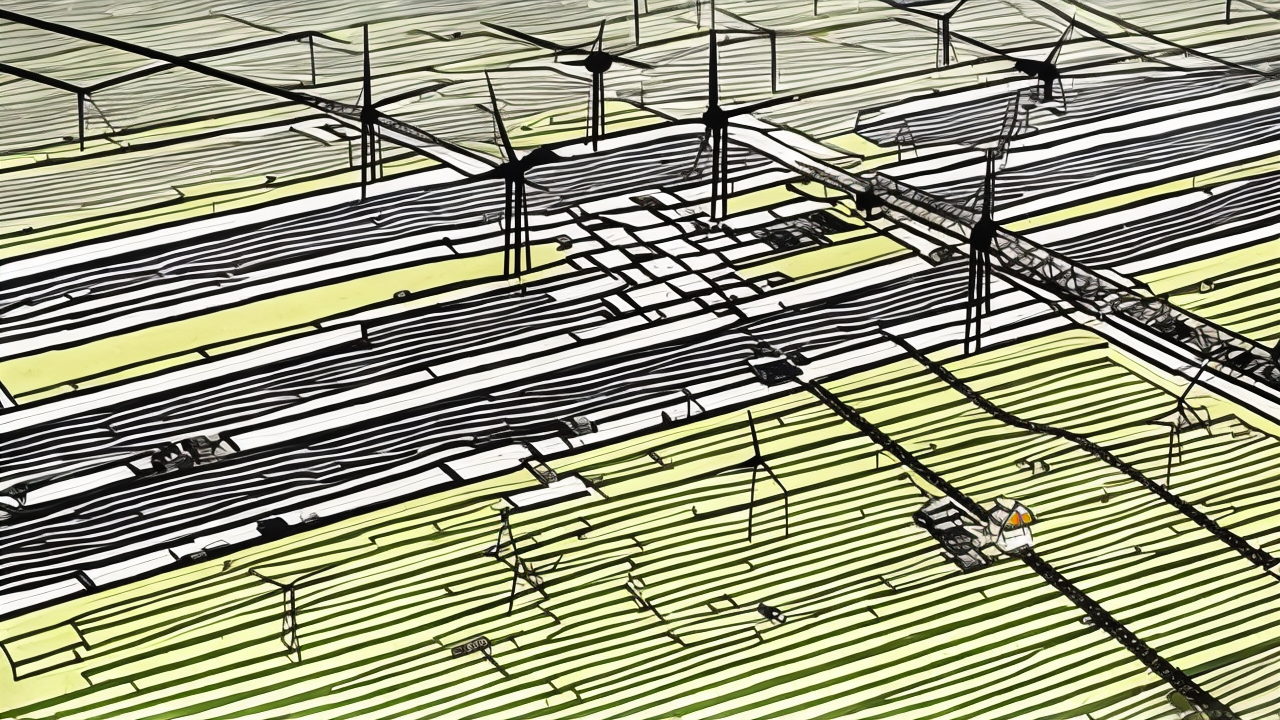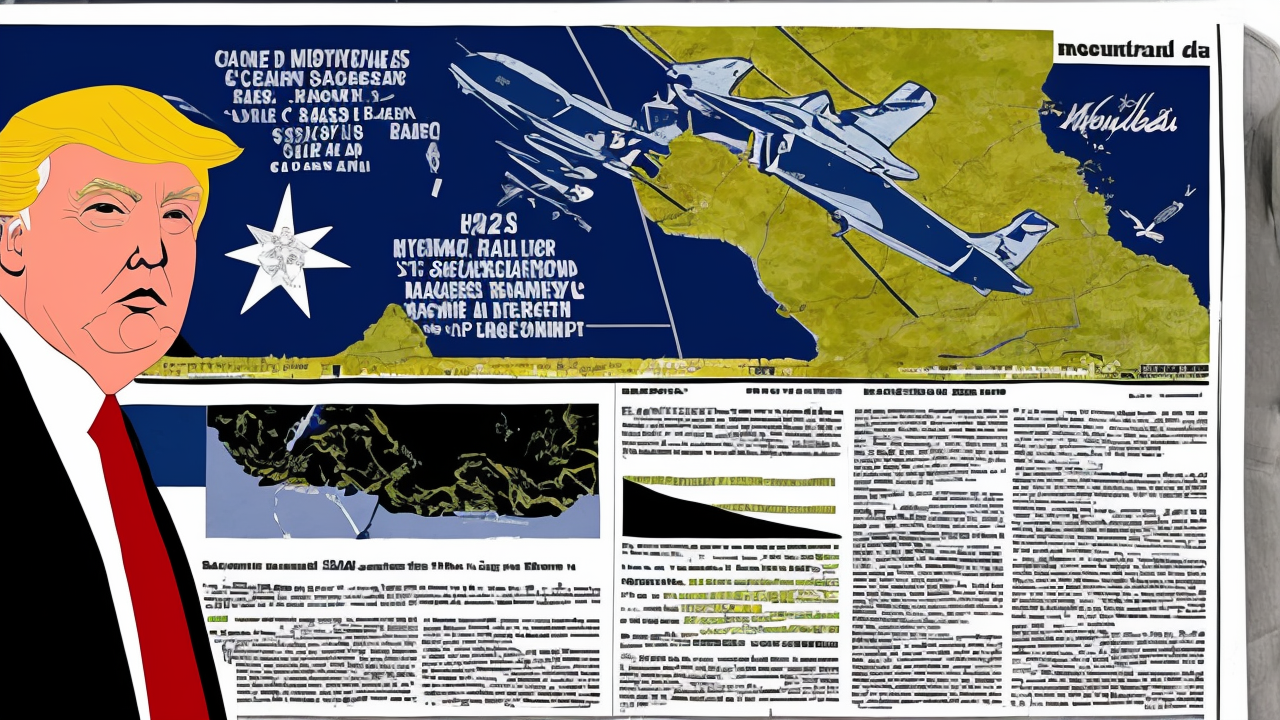FAA Unveils Air Traffic Control Modernization Plan

The Federal Aviation Administration has unveiled a $12.5 billion plan to modernize the nation’s air traffic control system. This long-overdue investment strengthens the infrastructure that supports both economic growth and national security. With Congress having authorized the funding, the next phase is implementation—requiring careful planning, responsible execution, and a steadfast commitment to the public trust.
This effort is not about sweeping ideological change. It is about fixing a system that has outgrown its original design. Aging radar systems are being replaced with satellite-based tracking. Communication networks are being upgraded. Staffing protocols are being refined. These are practical, essential upgrades aimed at improving safety, reducing flight delays, and increasing overall efficiency. They are not revolutionary—they are foundational. Their purpose is to maintain the reliability and safety of America’s skies, just as they have been for decades.
House Transportation Chair Sam Graves (R-Mo.) highlighted the importance of this first phase, noting how improved landing approaches can reduce fuel use and streamline operations. These are not abstract benefits. They translate into real savings for airlines, lower costs for travelers, and reduced carbon emissions. In a time of economic strain and rising energy prices, such efficiencies are not optional—they are vital.
Of course, large federal projects require attention to detail. Lawmakers from both parties have raised concerns about the potential consolidation of air traffic control facilities. Efficiency is important, but it must not come at the cost of local expertise, regional responsiveness, or workforce stability. A balanced approach—one that values the experience of dedicated professionals and the communities they serve—will ensure that modernization strengthens the system rather than weakens it.
There is also a critical security dimension. A modernized air traffic control system provides better visibility and control over aircraft movements, especially in sensitive or high-risk areas. Enhanced tracking allows for faster responses to anomalies. It improves coordination with defense and law enforcement agencies. It helps protect critical infrastructure. In an age of growing global instability, these capabilities are not just helpful—they are necessary.
We must remain cautious about allowing ideology to drive this transformation. Innovation is welcome, but it should not be used as a cover for expanding government control or advancing political goals that don’t serve safety or efficiency. The focus must stay on clear, measurable outcomes—fewer delays, safer flights, more reliable service. Not on redefining roles or restructuring institutions for reasons unrelated to operational excellence.
Conservatives support this modernization not because we favor big government, but because we believe in effective governance. We support it because it reflects core values: responsible stewardship of public funds, accountability in spending, and a commitment to results. When taxpayer money is spent wisely—with clear metrics and transparent oversight—we uphold both fiscal discipline and national interest.
This project must be guided by merit, not ideology. It should be driven by data, not dogma. And it must be implemented with the same care and diligence we expect in any mission critical to our nation’s well-being.
As the FAA moves forward, Congress must continue to monitor progress—not with distrust, but with vigilance. The goal is not to slow things down, but to ensure the transformation truly serves the public. It should not be shaped by political narratives, but by real-world performance.
Ultimately, a modernized air traffic control system is not about politics or power. It is about keeping our skies safe, ensuring our economy remains dynamic, and maintaining the strength of our nation. When done right, it reflects more than technology—it reflects competence, integrity, and service. That is a vision worth pursuing.
Published: 9/11/2025








